Tell Me More: Understanding Ungulate Welfare
Feral cattle and buffalo that roam Hong Kong are remnants of the city’s agricultural industry. It is generally agreed that these ungulates were employed as drought animals in the 1970s and abandoned when they were no longer needed, and the population survived and continued to reproduce. While there are conflicting general public views towards these animals, there is little data collected about them.
In this instalment of Tell Me More, HKALPO interviews two leading researchers, who are making incredible inroads with their animal welfare and health research, including on the topic of feral cattle and buffalo:-
Dr. Alan McElligott: Associate Professor of Animal Behaviour and Welfare at the Jockey Club College of Veterinary Medicine and Life Sciences, City University of Hong Kong
Dr. Kate Flay: Assistant Professor in Production Animal Health
Tell us a little about your background: specifically what animal and animal related areas do you specialise in?
AM: I studied zoology originally, first a Bachelors degree at University College Cork, Ireland, and then a PhD at University College Dublin. My PhD research was on the behavioural ecology of a large urban park population of fallow deer. It was part of a long-term study in which most individual animals were tagged and known and followed for years. I also have a strong interest in animal vocal communication.
Although most of my research has focussed on species of ungulates, such as deer, cattle and goats, my interest in vocal communication has resulted in projects that include the welfare of broiler chickens. And some of my group's research on goat behaviour and welfare, even inspired me to carry out a research project on kangaroos in Australia. One of the other areas of research I am keen to develop further is to understand how members of the public form their beliefs and attitudes to animal cognition and welfare. We published a review on that topic back in 2017.
KF: I am a veterinarian from New Zealand. Prior to shifting into academia, I worked in mixed clinical practice – so I saw a lot of different species from cats and dogs, to horses, sheep and alpaca. In academia my focus has been on pastoral livestock species e.g., sheep, cattle, goats and deer. Within these species my key areas are targeted at improving productivity and welfare. I’m also interested in human-animal interaction and education (e.g., farmer learning, public awareness and education, behaviour change).
Have your areas of research had to broaden since being in Hong Kong? / Has the biological/ecological environment of Hong Kong caused your research areas to adapt?
AM: My initial aim for research in Hong Kong is to develop projects on the feral cattle and buffalo. So, yes, my research will broaden because I have not studied animals like that before. However, I do bring a lot of knowledge of similar species, having worked on goats, and cattle on farms, for quite a few years. The Hong Kong cattle and buffalo represent a unique opportunity to study the behaviour and welfare of these animals, when they have a lot of freedom to make their own decisions, and are not constrained by being on a farm. Studying the feral cattle and buffalo also has very interesting parallels with the deer research that I did earlier in my career.
KF: In New Zealand, farming is a huge focus. So, the majority of my research has been done on commercial farms, addressing concerns that have been identified for farmed livestock. In Hong Kong we don’t have very many animals kept in pasture-based systems for farming. This means that my focus has shifted to the feral cattle and buffalo that we have here, and how we can better understand them, their needs, and how they fit into the wider environment. There is also a lot of scope to better understand the way that different people interact with these unique animals, and the way in which people impact their behaviour and welfare. Since starting in Hong Kong I’ve also become aware of a few goat farms, so I’m very interested in learning more about these and identifying areas that we can help.
How have you been able to share your relevant expertise to students at City University?
AM: I lead the Year 1 Animal Welfare course, which is taught to our Veterinary students. I also assist with other courses, such as Animal Behaviour and Handling, which is led by my colleague, Dr. Kate Flay, and Livestock Husbandry, led by Dr. Kai Liu. In the future I will be providing research opportunities for students to carry out animal welfare projects on a diverse range of species.
KF: I teach into a variety of courses within the Bachelor of Veterinary Medicine (BVM) program; from first year courses such as Animal Behaviour and Handling, Livestock Husbandry and Animal Welfare through to clinical courses such as Production Animal Clinical Studies. This allows for integration of my experiences as both a clinician and as a researcher. We use a combination of lectures, tutorials and hands-on practical sessions and field trips as part of these courses. Our 5th year students complete a research project, so I’ve been supervising some of these, and Alan and I supervised a team of 4-interns that collected preliminary data on the behaviour of cattle and buffalo last summer. We (Alan and I) also have 2 PhD students that are just starting work on the Hong Kong bovids, aiming to better understand their behaviour and welfare.
The Centre of Animal Health and Welfare has been a welcome addition to the Hong Kong animal welfare scene. Can you tell us a little more about this, what goals they have and how we can support?
AM: The Centre for Animal Health and Welfare (CAHW) was created to support high-quality, non-invasive research with the primary goal of promoting the health and welfare of animals. It is a very important development, which allows staff with shared interests and expertise in animal health and welfare to come together and collaborate. Individuals and organisations wishing to donate to the CAHW to support its goals can find details on the website. Ultimately of course, the goal is to improve public understanding of animal welfare and improve the lives of animals.
There are a population of buffalo and cattle that we see often when on hikes around Hong Kong, what are your views on their welfare and are there things we can change to better their lives?
AM: I also enjoy going for hikes in Hong Kong and it is great to see the buffalo and cattle. It seems clear that there are differing public views about these animals, which range from very positive to somewhat negative. I am sure there are measures that we can take to improve their lives, but those decisions should be evidence-based and carried out in consultation with all the stakeholders. For decisions to be evidence-based, we need to invest in systematic research on the buffalo and cattle in order to understand their behaviours and needs. This research has the potential to be of interest far beyond Hong Kong, because buffalo and cattle are important on a global scale.
KF: I can still remember seeing the cattle and buffalo here for the first time on Lantau Island, it was so fascinating to see them coexisting with people in a way that we don’t often see overseas. At the moment we know very little (from a scientific point of view) about these unique animals, as they haven’t been a focus of research previously. The first step is to collect some baseline data, which will allow us to objectively assess the current situation. It may also be that there are differences between cattle/buffalo in different geographical locations in Hong Kong (e.g., the cattle in Sai Kung Country Park may face different challenges to cattle that are located in and around villages/main roadways). There is also potential for differences between seasons, particularly with respect to resource availability (e.g., food and water).
Are there exciting projects that you are working on currently?
AM: Yes, I have a new PhD student about to start a project on the behaviour and welfare of the Hong Kong feral cattle (Dr. Kate Flay will co-supervise). We have not yet decided on the exact questions, but those will be sorted out over the next months. Also, I am assisting with a project on donkey welfare, which is led by my colleague, Dr. Becky Parkes. There are many interesting projects that we can do on animal behaviour and welfare in Hong Kong - we just need to secure the funding to carry out the research.
KF: Yes, I have just had a PhD student start this month, and have another starting next month that I’m co-supervising with Alan. We haven’t yet decided the exact details of their projects, but they will be around behaviour and welfare of the Hong Kong cattle. It’s really exciting to see these projects starting to take shape. I’m also working on a project with colleagues Dr. Rebecca Parkes and Dr. Kai Liu, where we are aiming to develop virtual farms that we can integrate into our veterinary curriculum. We’re anticipating that using these types of VR tools in the program will help facilitate student learning, improve their understanding of farming, and is also tailored to our technology-oriented students.
Are there things that you have seen in your respective careers overseas that you hope Hong Kong can follow in terms of promoting and protecting animal welfare?
AM: Yes, certainly. I grew up on a dairy farm in Ireland. At that time, there was very little understanding of animal welfare but knowledge levels and attitudes have changed and improved over the years. I think we will see similar changes in Hong Kong, and educating the public and the next generation of local Hong Kong vets will be an important part of that process.
KF: I’ve been very lucky to have worked with a number of very progressive farmers over the years, and to have played a role in helping them achieve their goals of improving their farming businesses while constantly improving the welfare of the animals under their care. I’ve also been able to conduct a lot of research on commercial farms, which means we have been able to generate data that farmers can use to make evidence-based decisions – it’s always exciting seeing research having an impact on the end user and resulting in positive change. It’s also very rewarding being involved with veterinary education. A key role of a vet is to advocate for animal welfare, so I enjoy being able to assist, and hopefully inspire, the next generation of future Hong Kong veterinarians.
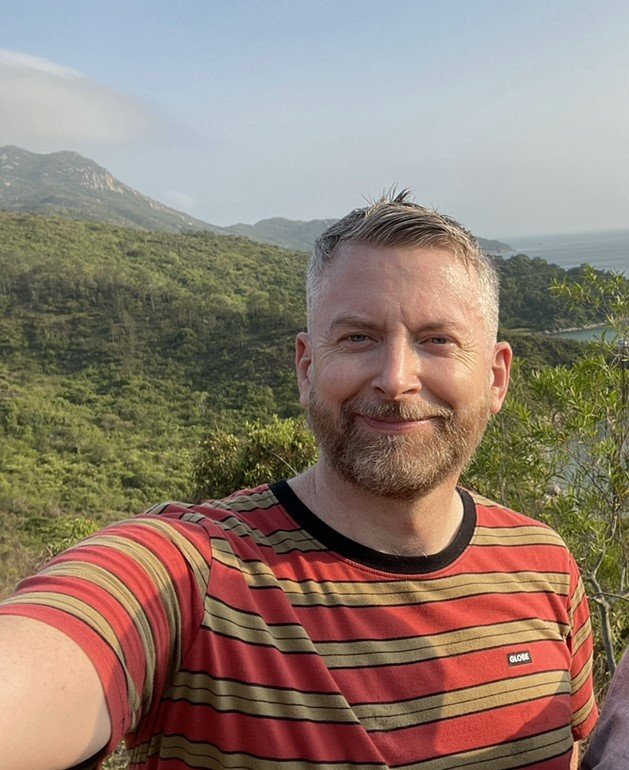
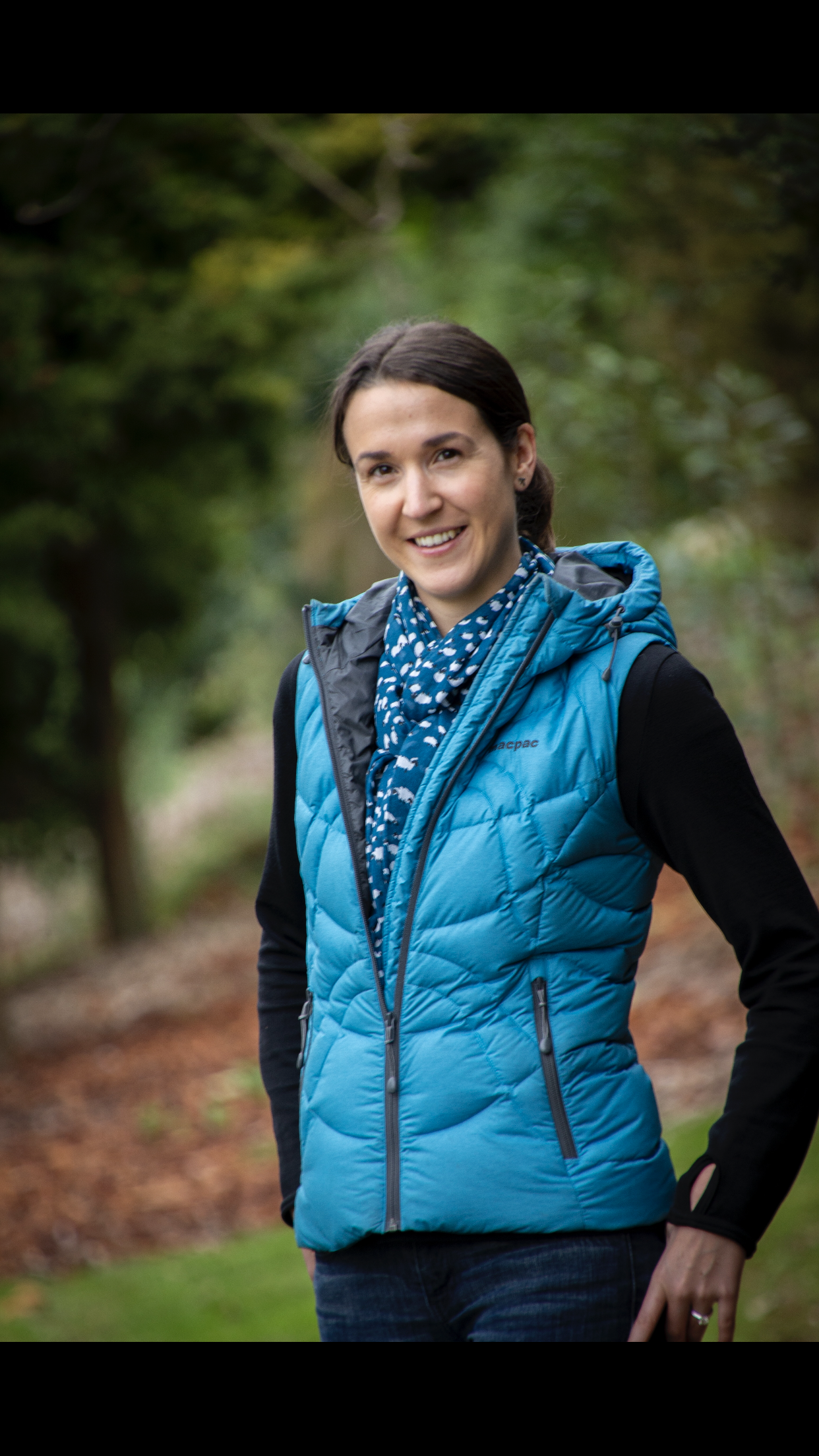
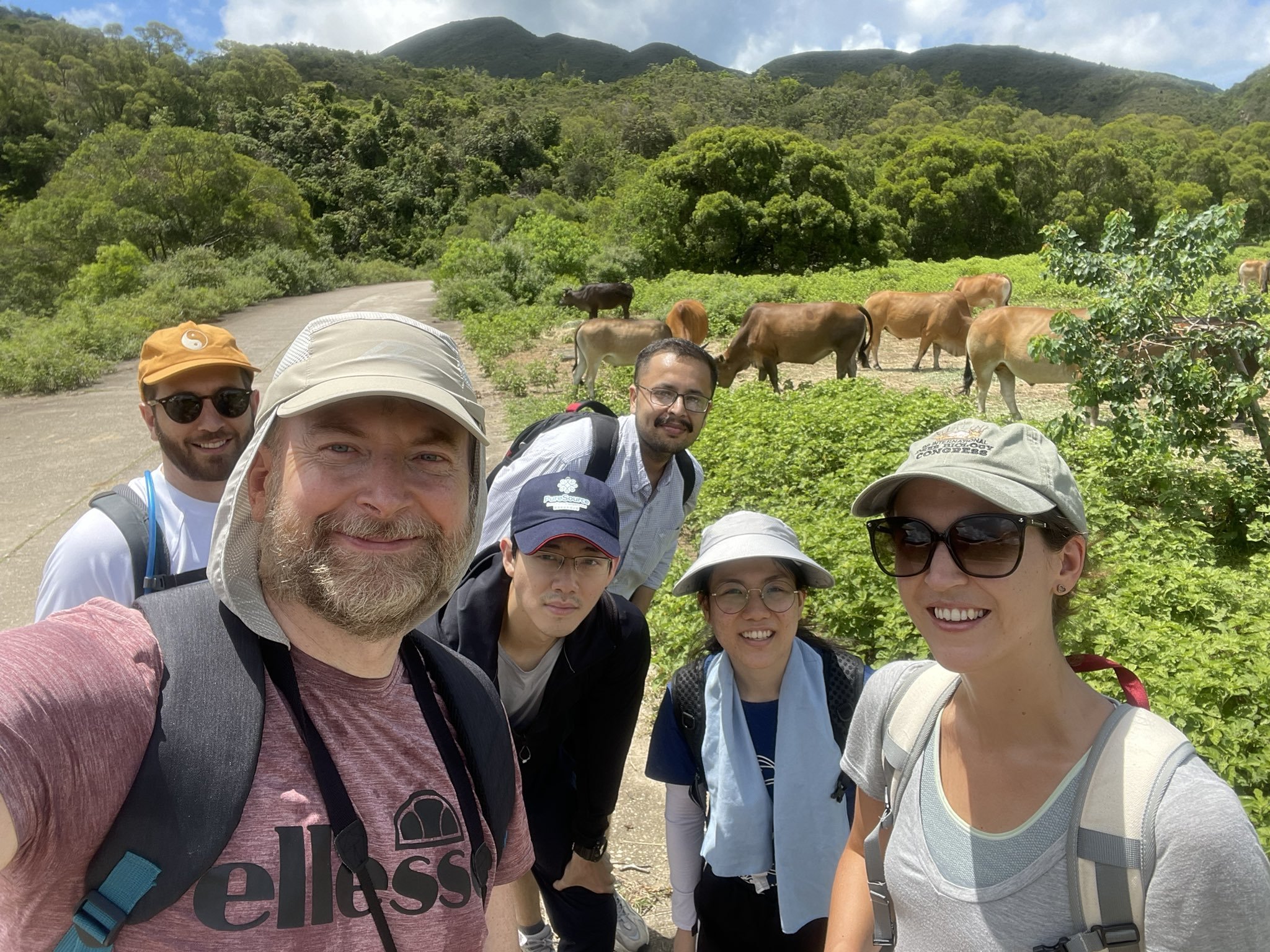


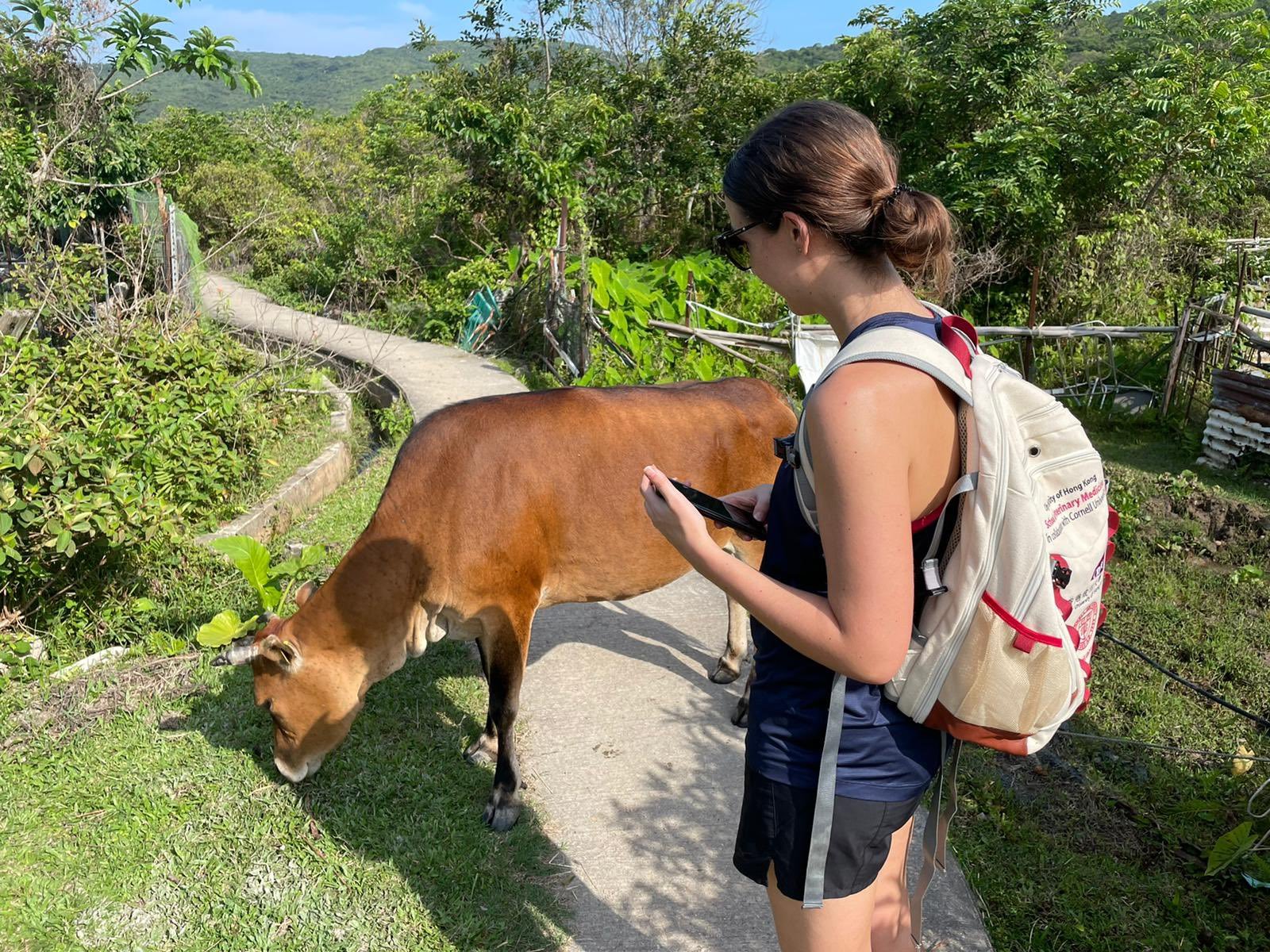
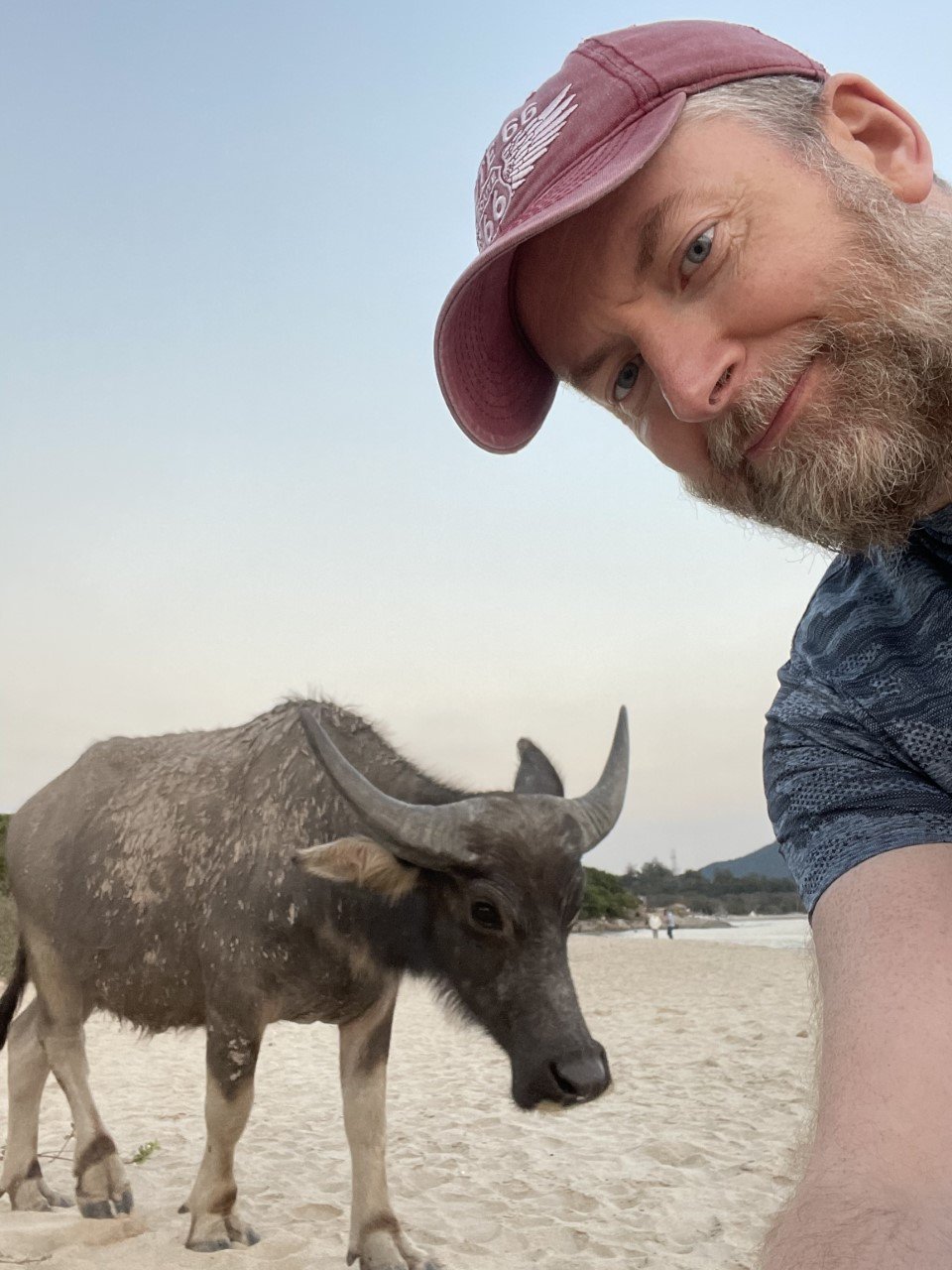
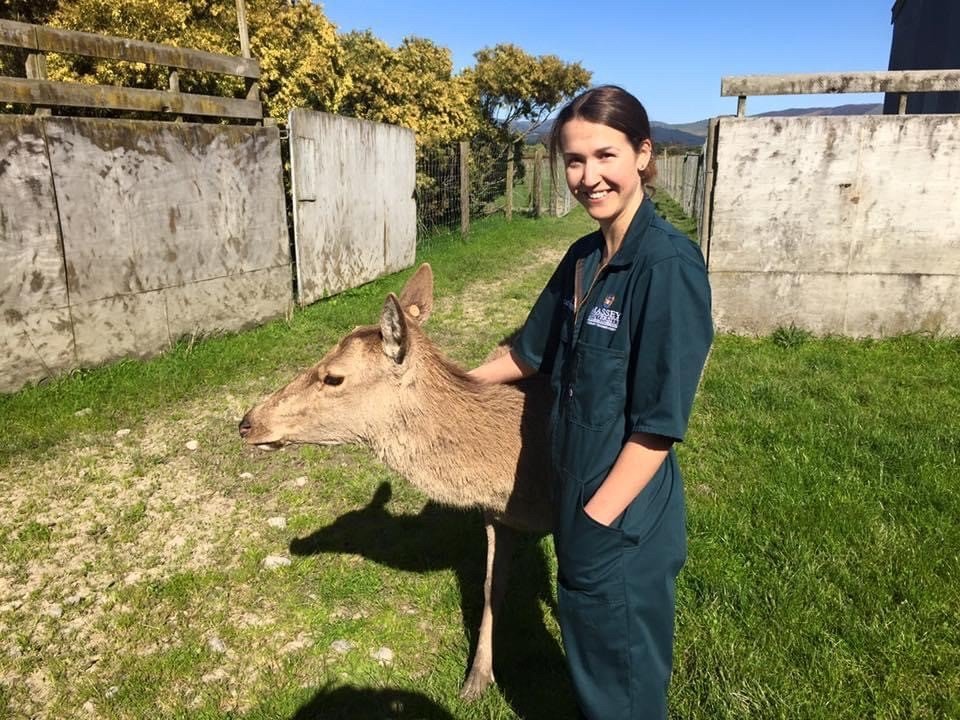
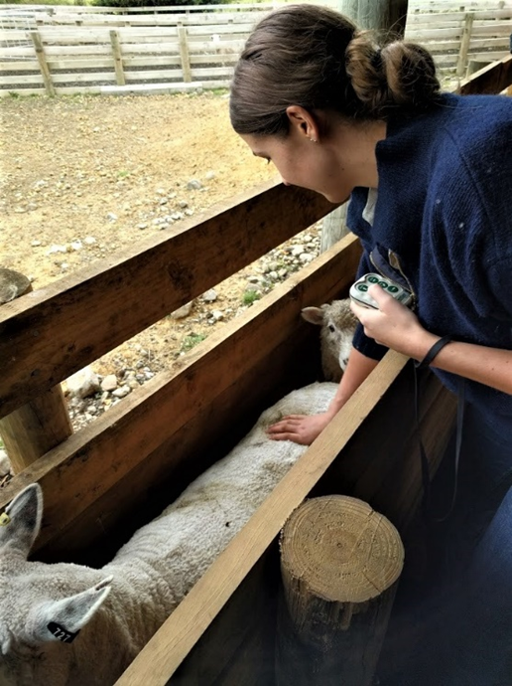
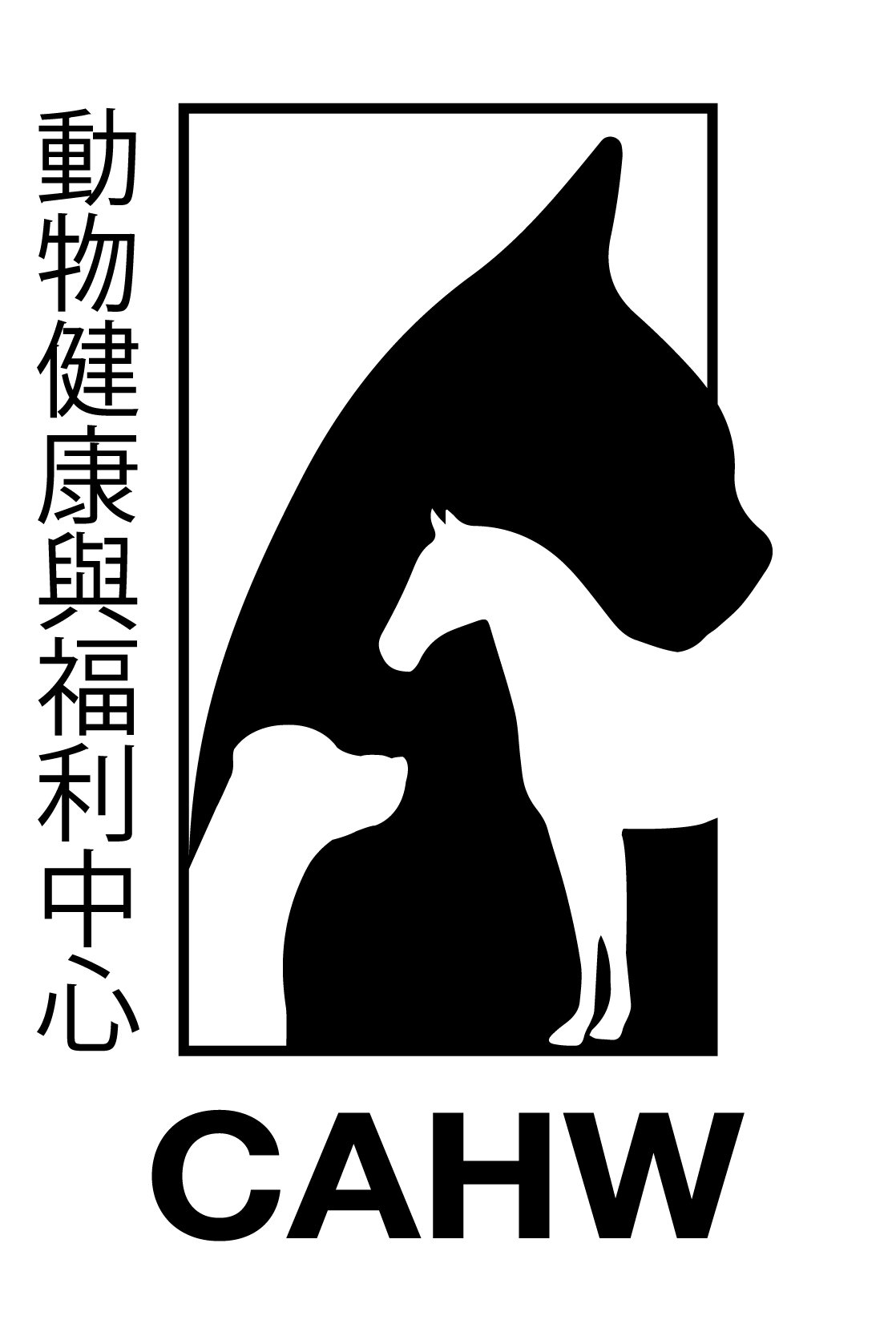
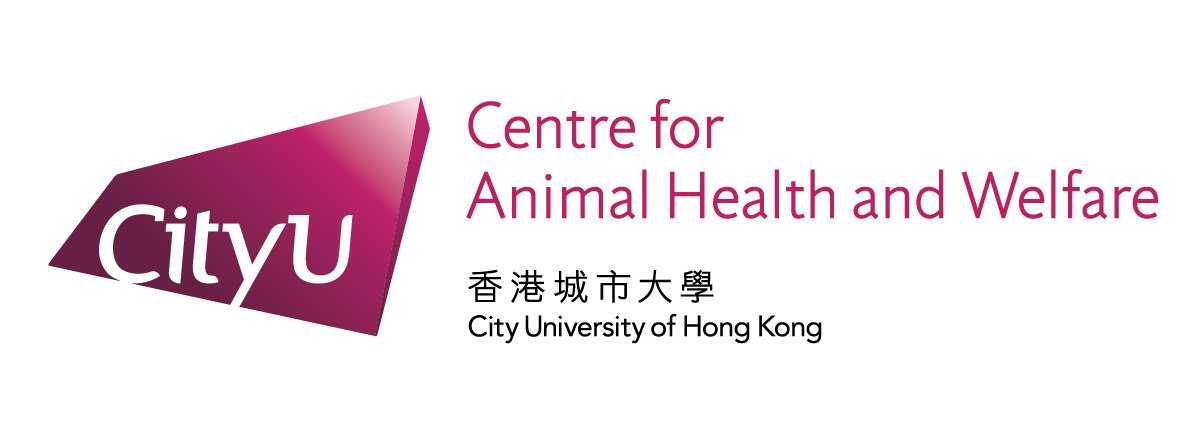
You can follow Dr. McElligott and Dr. Flay on Twitter, and check out the website for the Centre for Animal Health and Welfare.





